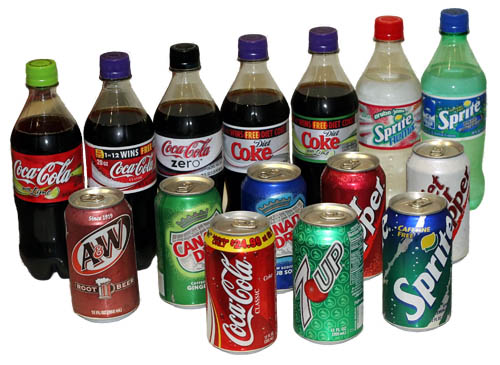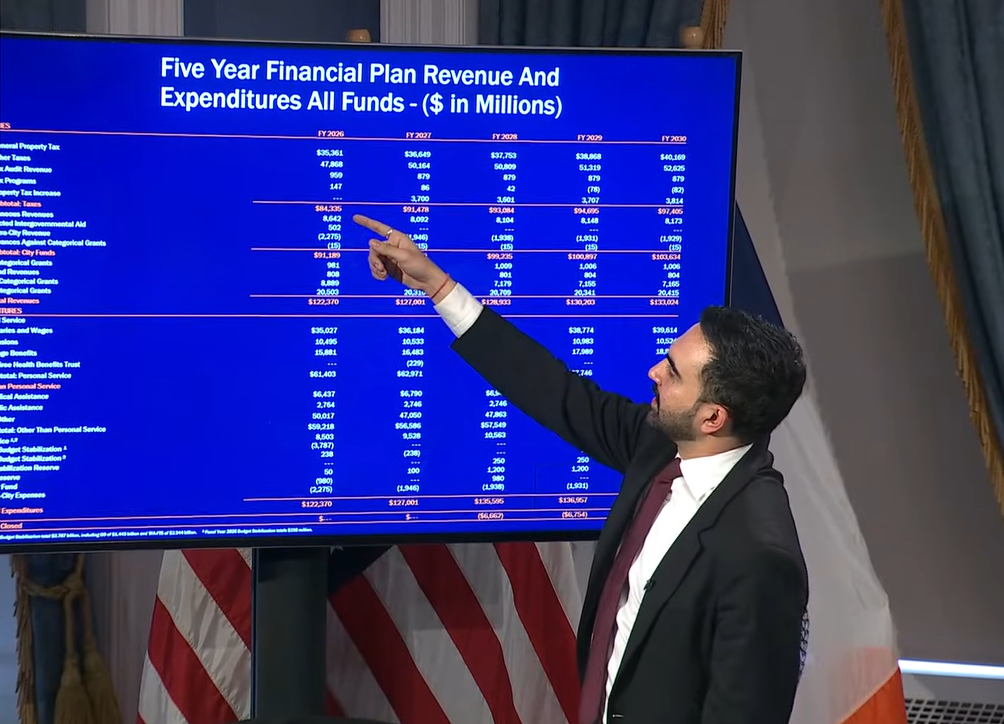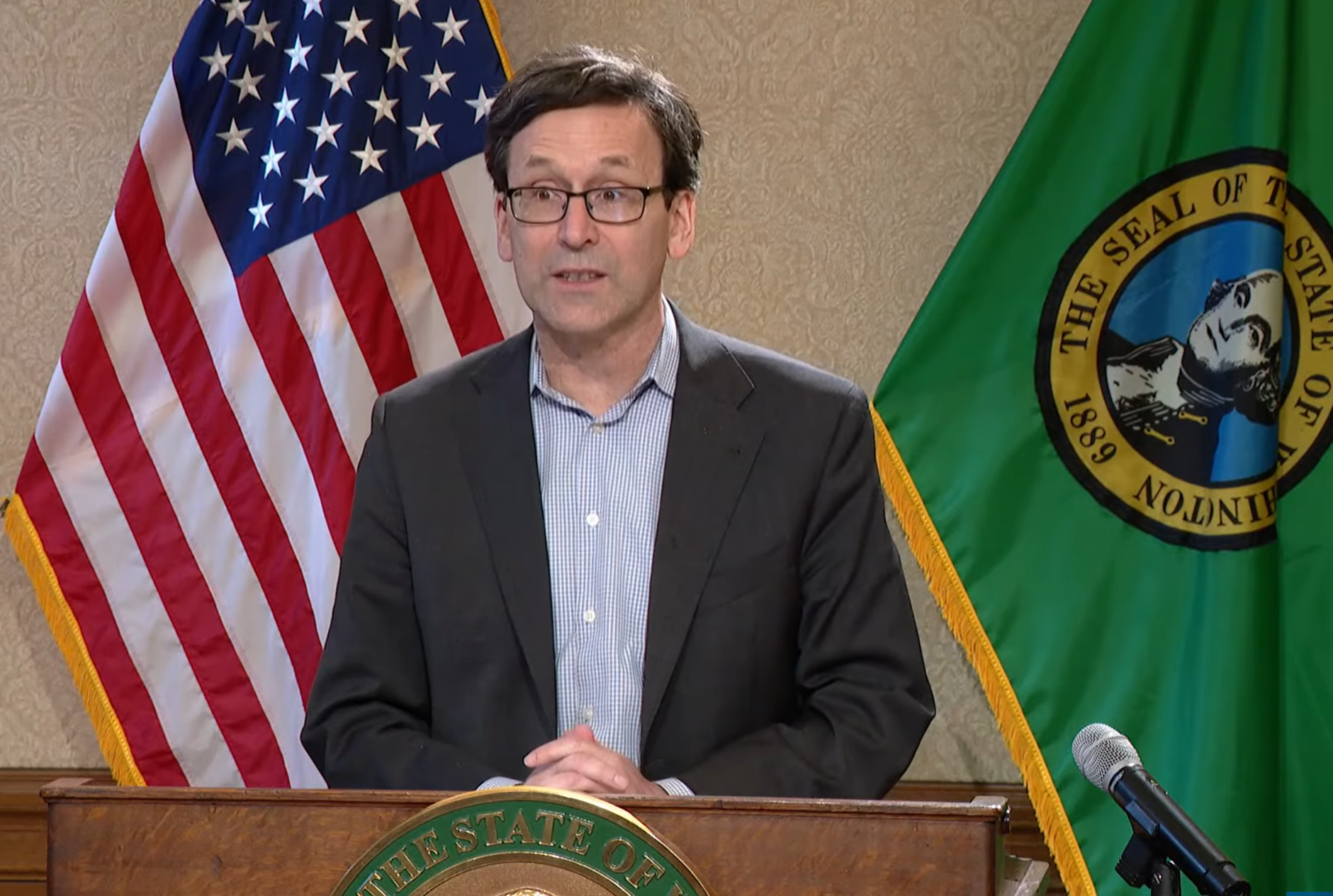A proposed state tax on soft drinks may be going flat as opponents argue it would only further fizzle Illinois businesses.
Two bills introduced in February call to impose a 1-cent-per-ounce excise tax on sugar-sweetened beverages. For a 12-ounce can of soda, the tax would add 12 more cents. The price of a twelve-pack would increase by $1.44 and another $2.88 would be added to the cost of a 24-pack.
Chicago-area lawmakers Sen. Mattie Hunter, D-Chicago, and Rep. Robyn Gabel, D-Evanston, each introduced similar bills — one in the House and another in the Senate. Gabel said the new tax would generate $600 million, half of which would fund Medicaid programs slashed by recent budget cuts and the rest for obesity prevention education and wellness programs.
“The bill in and of itself is having a tax on sweetened beverages at the distribution level priced higher on the shelf to reduce consumption of those beverages,” Gabel said.
Coalitions within the food and beverage industry oppose the “soda tax.” Timothy Bramlet, executive director of the Illinois Beverage Association in Springfield, said the association is “very much opposed to this measure.” He has been following both bills and said they are “effectively dead” at this point as both remain in committees and have yet to be called for hearings. However, he knows that the issue has not gone away from Springfield.
“You never know,” Bramlet said. “It could come up again … We're never out of the woods until they adjourn.”
In Marion, Pepsi MidAmerica employs about 1,000 who produce and bottle Pepsi, Dr Pepper and 7Up, which are distributed in Illinois and parts of Missouri, Kentucky, Tennessee and Arkansas. John Rains, executive vice president and general manager, said he is concerned that state lawmakers may include the tax as a source of revenue for a capital plan. He also said the state already charges a 6.25 percent tax on soft drinks.
“We're getting taxed enough already,” Rains said. “To put a heavy tax like this on soft drinks is totally out of line.”
Eric Wortham, who owns and operates the chain of Pizza World restaurants in the metro-east, said he believes the cash-strapped state is just looking for ways to generate revenue.
“I think it's ridiculous,” Wortham said. “And I'm not just saying that because we sell a lot of soft drinks. You're charging just another tax. They will tax until they stop drinking soft drinks and they'll find something else to tax. It will never stop.”
Mike Schuette, the fourth-generation owner of Schuette's Market in St. Rose, Breese, Carlyle, Highland and Troy, said the tax would only hurt his business. Schuette also said he does not think there is as much opportunity to generate revenue as lawmakers think.
“I don't know if it will generate the revenue they're projecting,” Schuette said. “I think our sales will decrease and it will cost our employees more hours because we won't be selling as much product. The bottom line to me is it's not good for our business. I don't see how it would be good for any business or good for our state.”
He also said that soda consumption has been declining and soft drinks only currently account for 6 percent of consumers' calorie intake.
“That's pretty small and only part of the whole problem,” he said. “That's not significantly addressing obesity.”
Statistics from the Illinois Coalition Against Beverage Taxes, which is a coalition of retailers, restaurants, labor, beverage industry and civic organizations, confirms that sugar-sweetened beverages comprise only 6 percent of calories consumed by Americans while soft drink sales have declined by 12 percent during the past decade. The coalition's records also show that the state's soft drink industry provides $610 million in wages and already contributes $566 million in taxes each year.
Economist Jason Fletcher, an associate professor of public policy at the La Follette School of Public Affairs at the University of Wisconsin in Madison, has researched how additional sales taxes impact products like soda. He said these taxes do not necessarily correlate to less soda consumption or calorie intake.
“I think it's slightly more complicated,” Fletcher said. “We have a number of studies that consistently point to basically a zero effect on a higher soda tax on the obesity rate.”
Fletcher said that although there is evidence to support that soda taxes prompt consumers to buy less soda, research also shows that they will still find something else to drink with as many calories. For instance, he said a 12-ounce glass of orange juice or milk has about has about many calories as a 12-ounce can of soda.
“There are so many other things that people can drink that have the same or greater amount of calories if they don't drink soda,” he said.
Gabel believes the tax would redirect consumers to buy other beverages with fewer calories or little to no sugar or sweeteners that are also made by the soft drink companies.
“I understand their concern,” she said. “But my view is they can purchase other drinks. Pepsi and Coke have a whole array of beverages. Our goal is to reduce sweetened beverages people drink.”
Wortham said he doesn't think soda consumption is the problem.
“If they want to stop obesity, tax video games or something like that,” he said.
“The next thing they'll want to tax is pizza because they're not healthy for us.”
Contact reporter Will Buss at wbuss@bnd.com or 239-2526.
Copyright 2014 – Belleville News-Democrat
Thanks for reading CPA Practice Advisor!
Subscribe Already registered? Log In
Need more information? Read the FAQs
Tags: Income Taxes, Sales Tax




